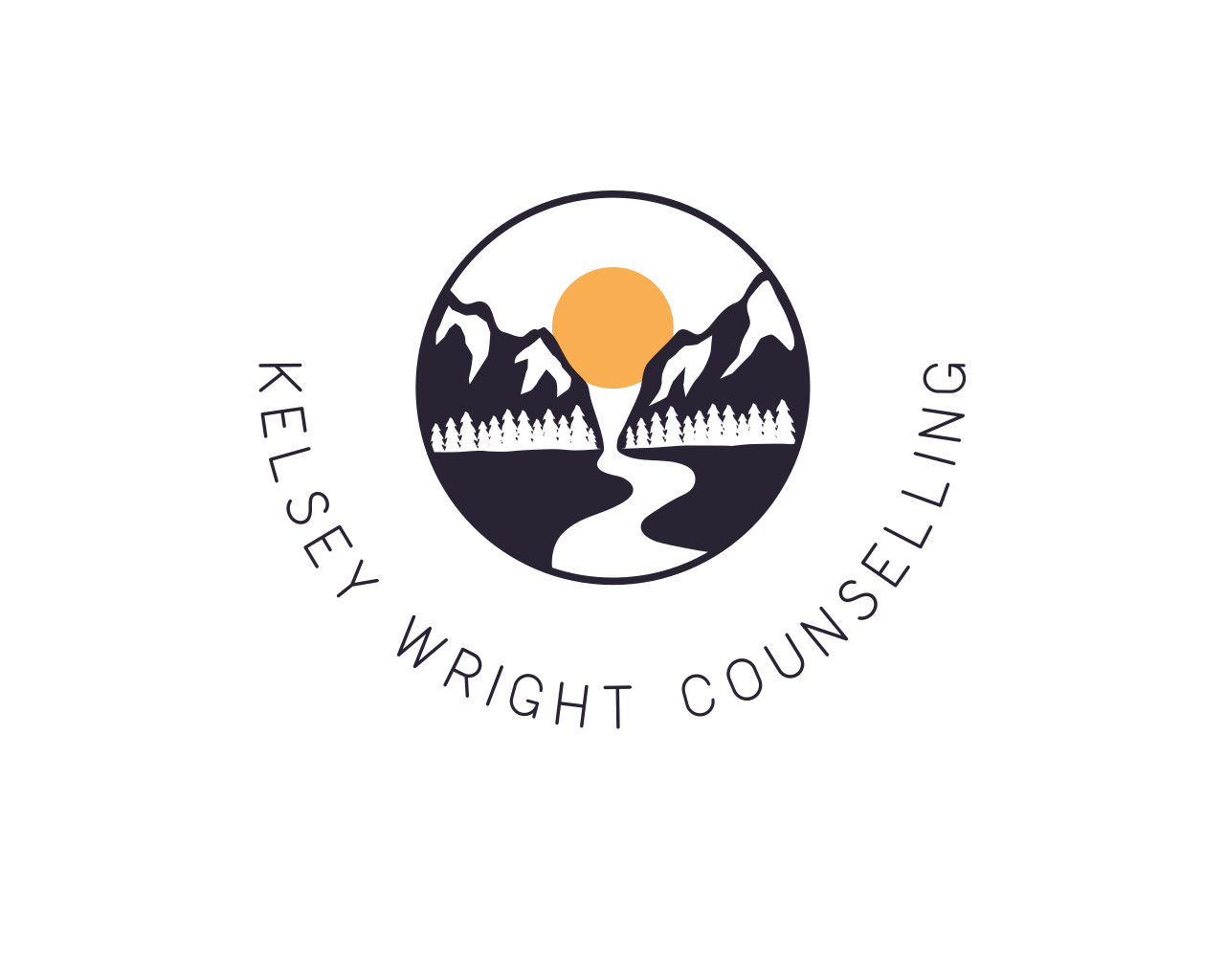Finding Your Own Way: Changing our Relationship to Drinking and Substance Use
Let’s be honest—most people don’t love the word “addiction.” It can feel heavy, stigmatizing, or just… not quite right. And yet, so many of us have questions or concerns about our relationship with drinking or substances at some point in our lives. Maybe you’ve noticed your habits creeping in more than you’d like. Maybe you’re waking up feeling off. Maybe something just doesn’t feel aligned anymore.
That doesn’t automatically mean you need to stop everything or fit into someone else’s idea of what recovery “should” look like.
In the work I do around addictions counselling and supporting clients in navigating changes to drinking and substance use, what I hear most often isn’t black-and-white thinking. It’s quiet questions like:
“I don’t know if this is a problem, but I don’t like how it feels.”
“I don’t want to quit forever, but I think I need to make a change.”
That, to me, is where the real work begins—not in labels, but in curiosity.
Recovery Is Not a One-Size-Fits-All Plan
Recovery—whatever that means to you—is not about forcing yourself into a narrow version of “health.” It’s about listening closely to what matters most to you.
For some people, that’s abstinence. A clear and steady line. For others, it’s a shift in how they relate to substances. Maybe drinking less, or using more intentionally. Maybe taking a break to reflect. Or maybe just getting honest about what’s not working anymore.
The truth is, we all hold different values. Different nervous systems. Different reasons why we reach for something to soothe or elevate or distract. So it makes sense that recovery will look different too.
It might mean:
Learning how to sit through boredom or hard feelings without immediately reaching for something.
Figuring out what actually helps you feel alive vs. just distracted.
Exploring deeper pain, trauma, or loneliness in therapy—if that feels safe.
Or just feeling less alone in your questions.
There’s no gold star for doing it a certain way. The real win is finding what’s realistic and sustainable for you. What helps you feel more like you.
Living in Squamish: Where Wellness and Escapism Collide
Living in a place like Squamish brings its own unique landscape when it comes to substance use. On one hand, we have this incredibly active, health-focused community. People are running ultra-marathons, climbing big walls, and meal-prepping kale like it’s a full-time job.
But there’s also this other side—where substances and drinking are used to push limits, chase that next high, or escape a sense of monotony. That “work hard, play hard” energy is very real. And it can be confusing when you’re trying to make changes. It’s not always easy to take a break from drinking when many social gatherings seems to involve a cooler full of craft beer or a joint being passed around the fire.
You might be trying to reduce your use, and also feel like you’re swimming upstream. You might feel self-conscious saying no. You might wonder if you’re being too serious—or not serious enough. It’s a lot. And you’re not the only one trying to find your way through it.
A Soft Place to Land
If any of this resonates, you don’t need to have it all figured out before reaching out for support. You don’t need to be in crisis. You don’t even need to be sure you want to change anything yet.
All you need is a bit of willingness to get curious. A place to say things out loud without judgment. A space where you can untangle what’s going on underneath the habits, and figure out what kind of life you actually want to build. That’s what therapy can offer.
In the therapy room, I try to bring lightness where I can, depth when it’s needed, and compassion always. We might laugh. We might swear. You might cry. All of it is welcome. Whether you’re looking for addictions-focused counselling, want to talk through alcohol, substance use concerns, or other addictive behaviours (gambling, pornography, etc), or just feel like something needs to shift—I’m here for that conversation. And if you’re in Squamish like me, we’ll probably also talk about trails and dogs and what it means to feel alive in a place that encourages both performance and presence.
You don’t need to do it alone. You get to define your own version of healing. And it gets to fit your life—not the other way around.



